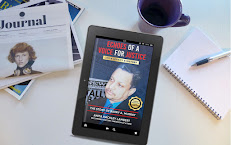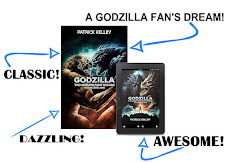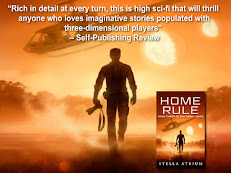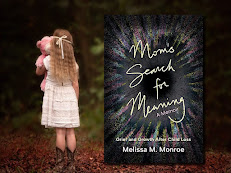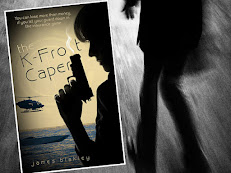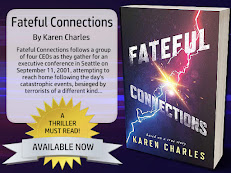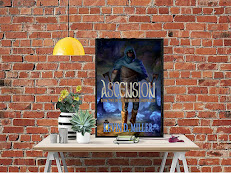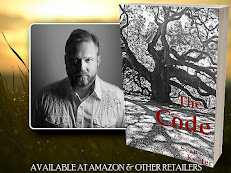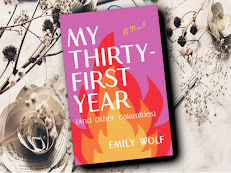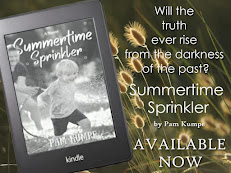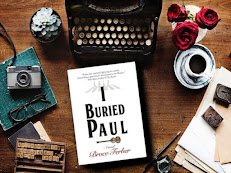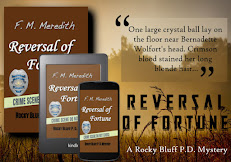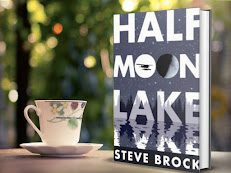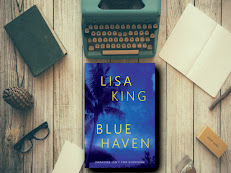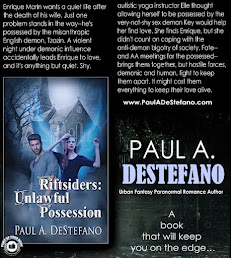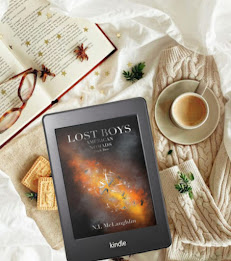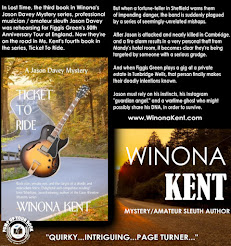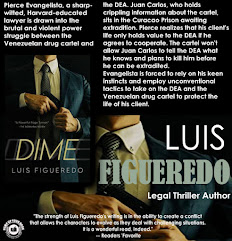Book Feature: REFRAMING POVERTY: NEW THINKING AND FEELING ABOUT HUMANITY'S GREATEST CHALLENGE @reframingpvrty #bookfeature
thewriterslife
12:00 AM
0 Comments
By Eric Meade
Nonfiction
Amazon → https://amzn.to/2PryNan
“And because how we feel is intricately tied to how we know, we cannot
feel differently if we don’t know differently. We need a bigger emotional and cognitive space, one in which we experience that the internal conflicts and inconsistencies of our adaptive challenge are not inevitable and intractable.”
Robert Kegan and Lisa Laskow Lahey
The most constructive conversation about poverty may be the one we’re not having.
We talk a lot about poverty. Rarely does a day go by without someone offering a new book, white paper, or article marshaling new data to support a particular point of view. Experts make definitive statements on long-standing debates, only to see those debates reopen the next day with a new report issued from the opposing side. The pace of the conversation seems to suggest that we are making daily progress toward understanding – and solving – the problem of poverty.
Unfortunately, most of this conversation is a rehash of the same old views. Contrary to popular opinion, “breakthrough studies” and “radical new perspectives” on poverty are of-ten – for those familiar with the historical discourse – merely rediscoveries of or variations on arguments and proposals heard many times before. The same ideas come and go as seasons and public attitudes change.
But why? Why does so much discussion yield so few genuinely new insights about poverty? The answer is that we have misunderstood the challenge of poverty. We have seen it as a technical challenge – one that we can solve once we learn the right skill or methodology. We strive to determine “what works” and to apply it as broadly as possible.
Too bad it’s not that simple. We cannot have a straightforward, technical discussion about poverty because the topic is too emotionally charged, and for good reason. Until recently, the vast majority of humans were poor. A mere 200 years ago, 83.9 percent of humans lived in extreme poverty, on less than $1 per day (in 1985 dollars)1, which is roughly equivalent (ac-counting for inflation) to the World Bank’s poverty threshold today. Poverty is the ground from which most of us who are not poor have only recently emerged. Most of us would only have to look back a couple of generations to find a relative who genuinely struggled to survive. How our own relatives made it out of poverty – or why they were unable to do so – likely shapes how we think and feel about poverty today.
Thus, poverty is not just a technical challenge. In the words of Robert Kegan and Lisa Laskow Lahey as quoted above, poverty is an “adaptive challenge.” It requires us to change not just what we do but also who we are. It requires us to change how we think and how we feel, and to work through the emotions we carry forward from our personal and familial experiences of poverty. Only then can we shift the focus from the unresolved needs of our own pasts to what the world needs from us right now.
Prior to that shift, we experience “internal conflicts and in-consistencies.” In our dealings with others, we cling to our own limited ideas about poverty at the expense of the ideas of others, preventing meaningful collaboration and partnership. In our dealings with the poor, we unconsciously project the difficulties of our own lives, and we offer the poor not what they need but what we feel fulfilled in providing. In our dealings with ourselves, we reject new insights and discoveries that threaten our established identities and our ways of understanding the world.
After we work through our emotions about poverty, how-ever, we become more potent leaders of change. In our dealings with others, we embrace multiple perspectives to build collabor-ative partnerships with those we previously may have avoided. In our dealings with the poor, we respond to their most pressing needs rather than making them foils for our own challenges. In our dealings with ourselves, we recognize that the emotions poverty evokes in us may actually raise issues we need to ad-dress in our own lives.
These benefits accrue not only to those who address poverty on a professional or volunteer basis, but also to all who are concerned about the state of their own communities. The question we must address affects each one of us. It is not: How do we eradicate poverty? But rather it is: What am I, as a human being, to do, living as I do in a world where poverty exists? This question demands a new conversation – one in which we look deeply into our own experiences.
This book opens the door to that conversation. Part One explores what our society has already been saying about poverty, but in a novel way. First, it shows how our emotions about poverty shape how we think about it. Second, it explores the range of perspectives on poverty and suggests the emotions that may be associated with each. Finally, it concludes that all such perspectives have some validity.
Part Two reframes those perspectives by introducing concepts not currently included in the poverty conversation. These concepts allow for a way of thinking about poverty in which all the major perspectives can be true at the same time. They also highlight and address areas where I believe the poverty conversation overall has heretofore fallen short.
Throughout the book, I will offer a series of nested insights drawn from my own experience living in developing countries, consulting to nonprofits, teaching social enterprise classes at the university level, serving on the board of a global development non-governmental organization (NGO), and otherwise living my unique human life. What you will do with these insights, I cannot say. What I can say is that after reading this book, you will be able to enter into a new, more constructive conversation about poverty.
Eric Meade is a futurist, speaker, and consultant serving nonprofits,
foundations, and government agencies. He teaches graduate courses on
strategic planning and social innovation at American University’s School
of International Service in Washington, DC. He lives in Superior, CO.












































































